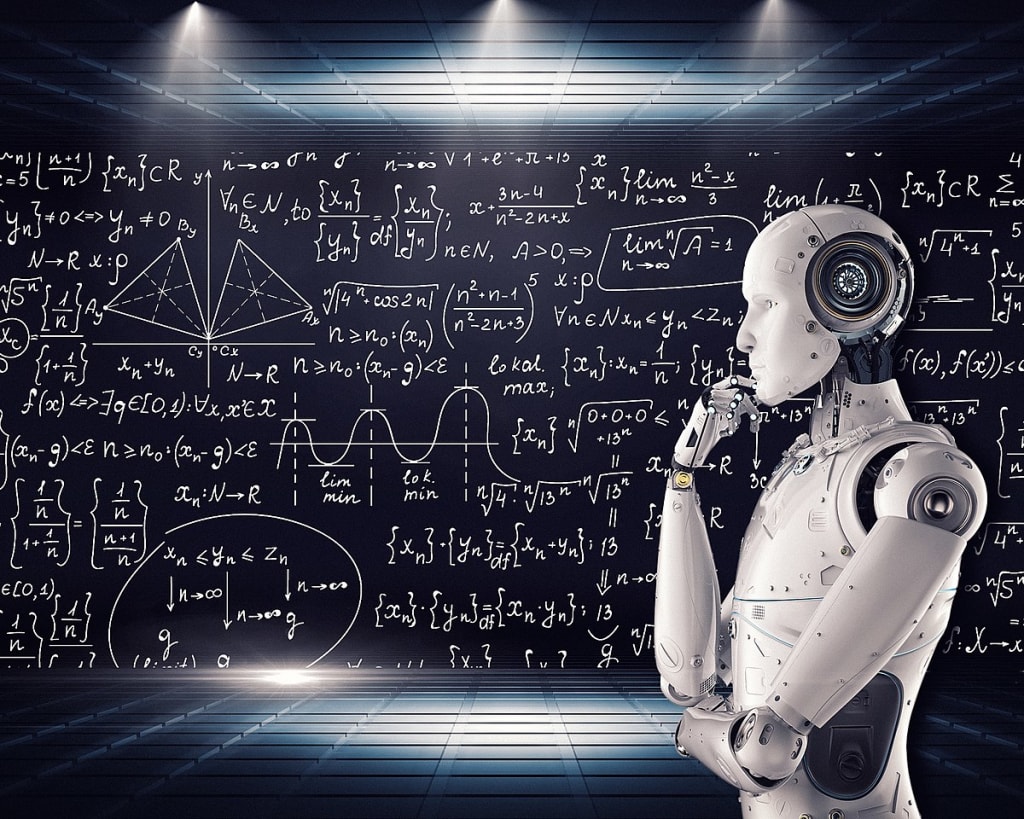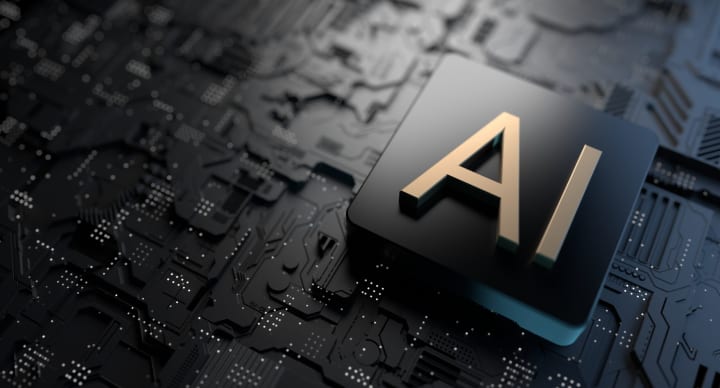Artificial Intelligence (AI)
Everything to know about artificial inteligence

Artificial Intelligence (AI) refers to the simulation of human intelligence in machines that are programmed to think, learn, and perform tasks typically requiring human intelligence. AI systems can analyze data, make decisions, recognize patterns, and interact with the environment or humans.
Here are some key aspects and applications of AI:
Machine Learning: Machine learning is a subset of AI that involves training algorithms to learn patterns and make predictions or decisions based on data. It enables machines to improve their performance over time without being explicitly programmed.
Deep Learning: Deep learning is a subfield of machine learning that uses artificial neural networks to simulate the human brain's structure and function. Deep learning has achieved significant breakthroughs in areas such as image and speech recognition, natural language processing, and autonomous driving.
Natural Language Processing (NLP): NLP focuses on enabling computers to understand, interpret, and generate human language. NLP powers applications such as voice assistants, language translation, sentiment analysis, and chatbots.
Computer Vision: Computer vision involves teaching machines to understand and interpret visual information from images or videos. Applications include object recognition, facial recognition, autonomous vehicles, and medical imaging analysis.
Robotics and Automation: AI plays a crucial role in robotics and automation, enabling machines to perform tasks traditionally done by humans. Industrial robots, automated assistants, and autonomous vehicles are examples of AI-driven systems in this domain.
AI in Healthcare: AI is being used to enhance healthcare systems by improving diagnostics, drug discovery, personalized medicine, and patient care. It can assist in disease diagnosis, analyze medical images, and support decision-making for treatment plans.

AI in Finance: AI has found applications in the finance industry for tasks such as fraud detection, algorithmic trading, credit scoring, and risk assessment. It can analyze vast amounts of financial data and provide insights for decision-making.
Ethical Considerations: The rapid development and deployment of AI also raise important ethical considerations. These include concerns about privacy, biases in AI algorithms, job displacement, and the responsibility for decision-making when AI systems are involved.
AI continues to advance and find new applications across various industries, transforming the way we live and work. It holds great potential for solving complex problems, improving efficiency, and enhancing our daily lives.
There are numerous positive aspects and benefits associated with AI:
Automation and Efficiency: AI technologies can automate repetitive and mundane tasks, freeing up human workers to focus on more creative and complex activities. This leads to increased productivity, efficiency, and cost savings in various industries.
Improved Decision-Making: AI systems can analyze vast amounts of data, recognize patterns, and provide valuable insights to support decision-making processes. This can lead to more accurate and informed decisions across various domains, including healthcare, finance, and business.

Enhanced Safety and Security: AI-powered systems can improve safety and security measures in various contexts. For example, AI algorithms can monitor surveillance footage to detect potential threats or identify anomalies. In autonomous vehicles, AI helps detect and respond to potential hazards on the road, improving overall safety.
Personalization and Customization: AI enables personalized experiences by analyzing user data and preferences. It powers recommendation systems in e-commerce, streaming platforms, and personalized healthcare, tailoring suggestions and services to individual users.
Medical Advancements: AI has the potential to revolutionize healthcare by assisting in diagnostics, drug discovery, and treatment planning. AI algorithms can analyze medical images, detect patterns, and aid in early detection of diseases. This can lead to improved outcomes, faster diagnoses, and more effective treatments.
Accessibility and Inclusion: AI technologies can promote accessibility and inclusion for individuals with disabilities. For example, speech recognition and natural language processing enable voice-controlled interfaces, benefiting individuals with mobility impairments. AI-powered translation tools can help bridge language barriers, fostering communication and understanding.
Scientific and Technological Advancements: AI contributes to scientific advancements by processing large datasets, simulating complex phenomena, and accelerating research processes. It aids in fields such as astronomy, climate modeling, genetics, and drug discovery, leading to new discoveries and innovations.
Customer Service and Support: AI-powered chatbots and virtual assistants provide efficient and round-the-clock customer support. They can handle common inquiries, provide instant responses, and assist with basic tasks, improving customer experiences and reducing response times.
It's important to note that while AI brings many benefits, ethical considerations, privacy protection, and responsible development and deployment are essential to ensure its positive impact on society.





Comments
There are no comments for this story
Be the first to respond and start the conversation.